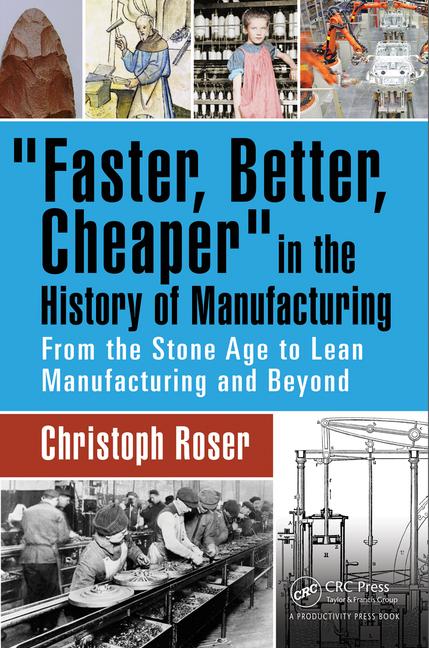LIFT Project to Advance Racial Equity in Manufacturing

DETROIT—Lightweight Innovations For Tomorrow (LIFT) has joined a new national organization that hopes to forge a more racially inclusive future for manufacturing. As part of the Industry and Inclusion 4.0 cohort, LIFT will work with The Century Foundation (TCF), the Urban Manufacturing Alliance (UMA) and other groups to develop credential-based training programs and create ways to deepen relationships between employers and communities.
“We are pleased to represent the Southeast Michigan area, our manufacturers, fellow manufacturing innovation institutes and the broader community in this important national effort,” says Nigel Francis, CEO and executive director of LIFT. “It is critical that we ensure racial equity in how we build the future of work in manufacturing here and around the country.
“We are eager to share our expertise and learn from the other organizations on how to best recruit, train and ensure the success of people of color in manufacturing,” notes Francis. “The coalition launches its effort at a pivotal time for U.S. manufacturing and the nation as a whole.
“With unemployment rates at record levels, especially for Black and Latino workers, and a renewed focus on addressing systemic racism throughout our society—including employment— U.S. manufacturing’s rebirth presents a critical opportunity to open the sector’s good-paying jobs to more workers of color,” claims Francis.
“We are seeing three historic trends converge at once,” adds Andrew Stettner, a senior fellow at TCF and one of the organizers of the coalition. “The COVID-19 pandemic has accelerated a need for skilled manufacturing workers to respond to the crisis, and highlighted the importance of employer-focused, credential-based training.
“The resulting recession has created historic levels of unemployment, leaving half of Black workers without work,” explains Stettner. “And, a long overdue reckoning on racial inequality has underscored the urgent need to improve access to jobs that pay well and provide good benefits. “Our coalition will work at the intersection of these trends to help shape a more inclusive future for manufacturing,” says Stettner.
“The manufacturing sector’s long legacy of creating jobs that offer pathways to the middle class for millions of American families will be crucial to a thriving 21st century economy that works for everyone,” adds Lee Wellington, executive director of UMA and co-organizer of the coalition.
“To build a manufacturing sector that’s advancing equity in our communities, we need to dig deeply into the ecosystems that our place-based workforce partners have cultivated, whether it be with public schools, credentialing programs, faith-informed organizations, industry partners or other community-based groups,” Stettner points out. “We will lean into partnerships that have been forged and partnerships that have not yet been built to create a more inclusive and resilient manufacturing sector.”
Looking for a reprint of this article?
From high-res PDFs to custom plaques, order your copy today!








